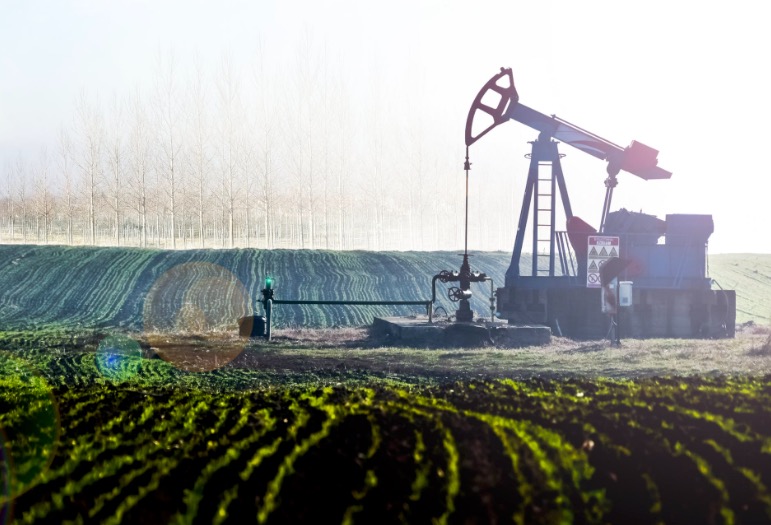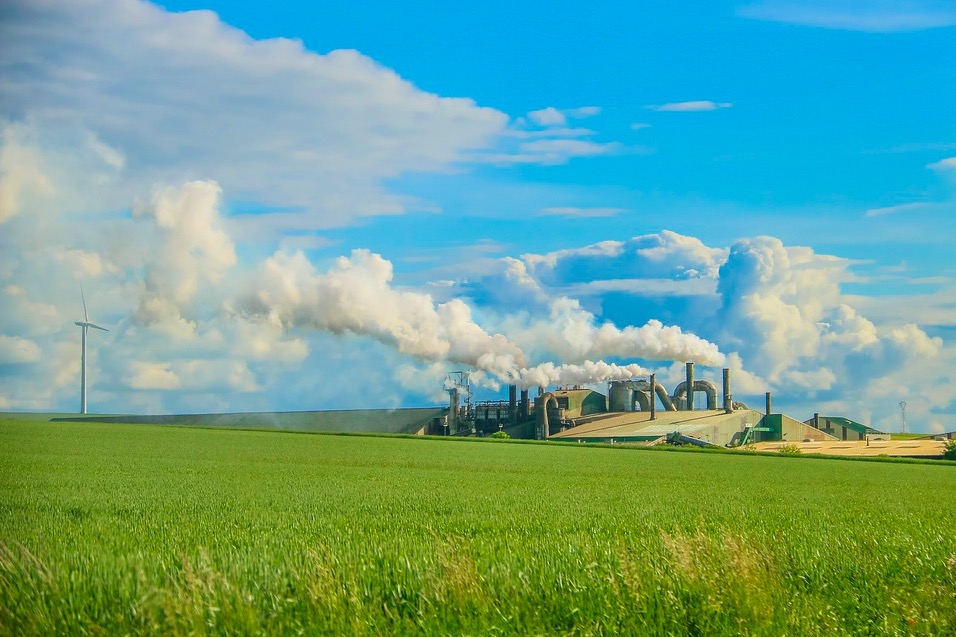Secret Challenges of the Food Production Industry Revealed
What major issues must the F&B industry tackle in 2019?

The F&B industry has been facing some large-scale issues in the last few years. Some are consumer-driven demands that will take time to adapt to, while others are issues that are far more nefarious in nature. Let's take a look at some of the biggest problems that currently exist in today's food and beverage industry.
1. Where Does Our Food Really Come from?
Traceability is a problem that is widespread and has powerful consequences. Given how layered and diverse the food production system is globally, it can be tremendously tough to track food items from their source to their final form. This can be an issue when we factor in that ensuring the safety of food for consumption relies heavily on understanding each step of a food item's lifecycle. However, [1] "multiple small stakeholders - often with no barriers to entry - mean that in some networks, anybody can produce food." This muddies transparency and creates an uncertain environment where many steps in the supply chain are not regulated, which can endanger the public due to poor food practices.

2. Scams and Fraud
Let's demonstrate this particular point with a simple statistic: [2] "There is ten times more olive oil from Italy than the country could actually produce." This issue goes hand-in-hand with traceability, in that if we do not accurately know where our food comes from, we cannot guarantee that what we consume is actually what the packaging says it is. Indeed, [3] " 30% of fish is incorrectly labelled and you are not getting what is on the packaging." Since it is currently so easy to create scams and fraud in the food industry, there are likely many more food and beverage fraud cases that have not even been brought to light. One need only cast their minds back to the global scandal that rocked food giant Nestle, when it was discovered that "unauthorized horse meat had been discovered in a variety of products labeled as beef that were sold in supermarkets in countries including Britain, France, Sweden, Switzerland, Germany and Ireland." If it can happen to F&B giants like Nestle, it can happen to anyone.

3. Environmental Calamity
Our current rate of food production and consumption is not sustainable for a number of reasons. First, and most obviously, are the greenhouse gasses produced by raising masses of animals such as cows and sheep. Then, there's the land needed to grow crops for human consumption and to feed livestock. This land is often razed and then converted from its original state to a monocrop culture, where only a single type of crop is grown to facilitate global food demand. Pesticides damage the local wildlife and soil while chopping down trees to make way for farmland creates desertification and land erosion. On top of this, there is a huge problem with food wastage as [5] "world hunger is on the rise; yet, an estimated 1/3 of all food produced globally is lost or goes to waste." Better practices by the F&B industry could have a massive impact on the future of our planet.

4. Lower Incomes and Food Budgets
In many parts of the world, people have less money to spend on food than in the past. In Western Europe, for example, the [6] "average share of revenue per household dedicated to food moved from 25% to 8% within 40 years." This means that margins have to be cut in the food supply chain, and unfortunately, it's the actual food producers who suffer the most. For context, [7] "out of the 800 million people that are starving to death today, 700 million of them are farmers." Again, this leads back to traceability and accountability. It's important that each step in the production chain is not only transparent in terms of food quality and safety, but also in terms of ethical business practices.
[1] https://www.lr.org/en-hk/insights/articles/current-challenges-in-the-food-industry/
[2] https://www.lr.org/en-hk/insights/articles/current-challenges-in-the-food-industry/
[3] https://www.lr.org/en-hk/insights/articles/current-challenges-in-the-food-industry/
[4] https://edition.cnn.com/2013/02/18/world/europe/nestle-horse-meat-discovery/index.html
[5] http://www.fao.org/food-loss-and-food-waste/en/
[6] https://www.lr.org/en-hk/insights/articles/current-challenges-in-the-food-industry/
[7] https://www.lr.org/en-hk/insights/articles/current-challenges-in-the-food-industry/